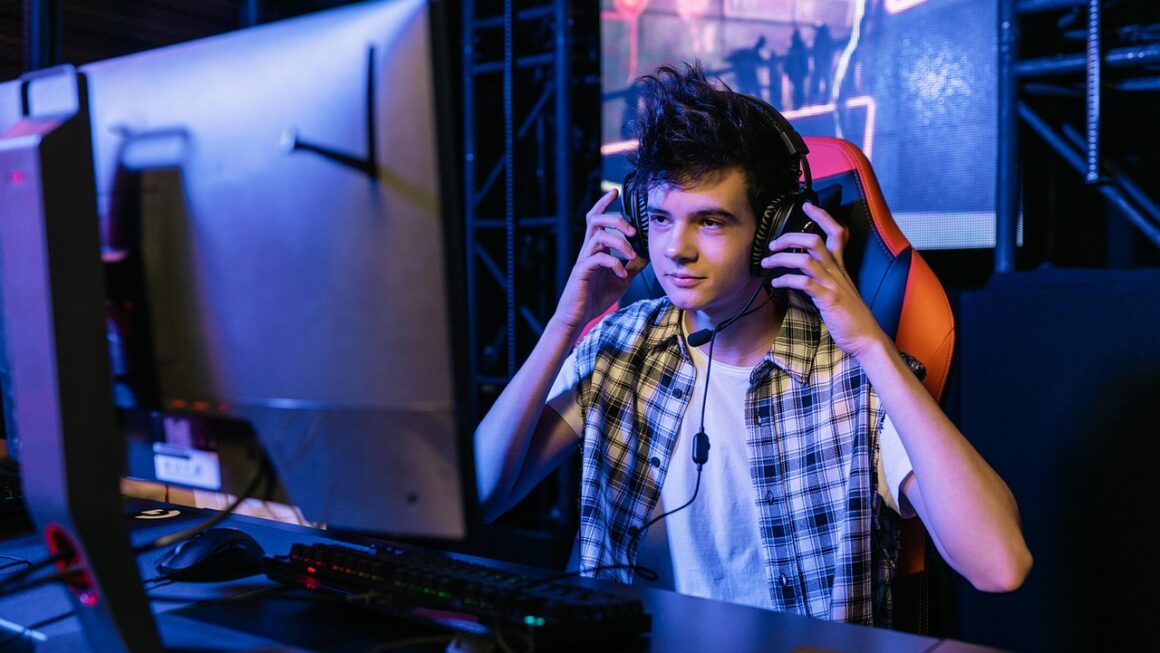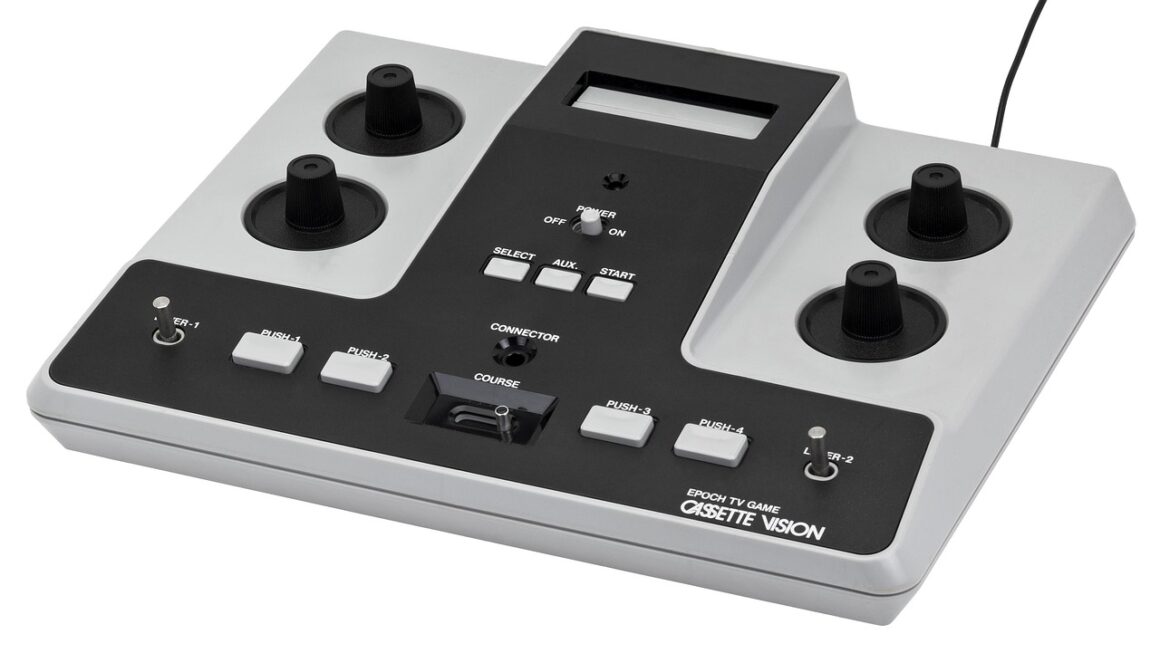Game development is a captivating field, blending creativity, technical prowess, and a deep understanding of player psychology. It’s far more than just coding; it’s about crafting immersive experiences that captivate audiences and transport them to new worlds. This blog post delves into the multifaceted world of game developers, exploring their roles, skills, and the pathways to becoming one. Whether you’re an aspiring developer or simply curious about the process behind your favorite games, this guide provides a comprehensive overview.
What Does a Game Developer Do?
Core Responsibilities
Game developers are the architects of virtual worlds. Their responsibilities are broad and varied, depending on their specific role and the size of the development team. Generally, their duties encompass:
- Game Design: Conceptualizing the game’s core mechanics, story, and overall experience.
Example: A designer might outline the combat system for a role-playing game, detailing how weapons work, enemy AI, and player progression.
- Programming: Writing the code that brings the game to life. This includes implementing gameplay mechanics, AI, and user interfaces.
Example: A programmer might code the movement system for a character in a platformer, ensuring smooth jumps, collision detection, and responsiveness to player input.
- Art and Animation: Creating the visual elements of the game, including characters, environments, and special effects.
Example: An artist might design and model a fantasy creature, creating textures, animations, and integrating it into the game world.
- Level Design: Crafting the environments in which the game takes place, considering gameplay flow, aesthetics, and challenges.
Example: A level designer might create a maze-like dungeon in an adventure game, placing enemies, puzzles, and rewards to guide the player’s journey.
- Testing and Quality Assurance (QA): Identifying and fixing bugs, ensuring the game runs smoothly and is enjoyable to play.
Example: A QA tester might spend hours playing a game, meticulously documenting any glitches, performance issues, or inconsistencies in the gameplay.
Specialized Roles within Game Development
Within the broader field of game development, numerous specialized roles cater to specific aspects of the process:
- Game Designer: Focuses on the overall vision and mechanics of the game.
- Programmer: Implements the code that makes the game functional.
Engine Programmer: Works on the core technology that powers the game (e.g., Unity, Unreal Engine).
Gameplay Programmer: Implements specific gameplay features and mechanics.
AI Programmer: Develops the artificial intelligence for non-player characters (NPCs).
- Artist: Creates the visual elements of the game.
Concept Artist: Develops initial sketches and designs.
Character Artist: Creates character models and textures.
Environment Artist: Builds the game’s environments and landscapes.
- Animator: Brings characters and objects to life through animation.
- Level Designer: Creates and populates the game’s levels.
- Audio Designer: Creates and implements sound effects and music.
- Producer: Manages the development process, ensuring the team stays on schedule and within budget.
- QA Tester: Tests the game for bugs and ensures quality.
Skills Needed to Become a Game Developer
Technical Skills
The technical skills required vary depending on the specific role, but some core skills are universally valuable:
- Programming Languages: Proficiency in languages like C++, C#, and Python is crucial.
Example: C++ is commonly used for performance-intensive game development, while C# is often used with the Unity engine.
- Game Engines: Familiarity with popular game engines like Unity and Unreal Engine is highly beneficial.
Example: Unreal Engine provides a robust suite of tools for creating visually stunning games, while Unity is known for its ease of use and versatility.
- Mathematics: A solid understanding of linear algebra, calculus, and physics is important for programming game mechanics and simulations.
- Version Control: Using tools like Git for collaborative development and managing code changes is essential.
- Data Structures and Algorithms: Understanding how to efficiently store and manipulate data is critical for optimizing game performance.
Creative and Soft Skills
While technical skills are essential, creative and soft skills are equally important for success in game development:
- Problem-Solving: Game development is full of challenges, so strong problem-solving skills are essential.
- Creativity: The ability to generate new ideas and solutions is crucial for designing engaging gameplay experiences.
- Communication: Effective communication is vital for collaborating with team members and conveying ideas clearly.
- Teamwork: Game development is a collaborative effort, so the ability to work well in a team is essential.
- Passion for Games: A genuine love for games is a strong motivator and helps developers understand what makes a game enjoyable.
- Attention to Detail: Ensuring accuracy and consistency in all aspects of the game is crucial for delivering a polished experience.
Education and Training
- Formal Education: A bachelor’s degree in computer science, game development, or a related field can provide a strong foundation.
- Online Courses and Tutorials: Platforms like Coursera, Udemy, and YouTube offer a wealth of resources for learning game development skills.
- Game Jams: Participating in game jams is a great way to gain experience, collaborate with others, and build a portfolio.
- Personal Projects: Developing your own games is an excellent way to hone your skills and showcase your abilities to potential employers.
Paths to Becoming a Game Developer
Entry-Level Positions
- QA Tester: Testing games for bugs is a common entry-level position that provides valuable insights into the development process.
- Junior Programmer: Assisting senior programmers with coding tasks and learning the ropes of game development.
- Associate Artist: Creating assets and assisting senior artists with art production.
- Level Design Assistant: Assisting level designers with creating and populating game levels.
Building a Portfolio
- Personal Projects: Develop small games or prototypes to showcase your skills and creativity.
- Game Jam Participation: Participate in game jams and contribute to projects to gain experience and build your network.
- Open Source Contributions: Contribute to open-source game development projects to demonstrate your coding abilities and collaborative skills.
- Online Portfolio: Create a website or online portfolio to showcase your work and make it easily accessible to potential employers.
Networking and Job Hunting
- Industry Events: Attend game development conferences and meetups to network with industry professionals.
- Online Communities: Engage in online forums and communities related to game development to connect with other developers and learn from their experiences.
- Job Boards: Search for job openings on game development-specific job boards like Gamasutra and Indeed.
- Company Websites: Check the career pages of game development companies for job openings and internships.
- LinkedIn: Network with industry professionals and search for job opportunities on LinkedIn.
The Future of Game Development
Emerging Technologies
The game development landscape is constantly evolving, with new technologies and trends shaping the future of the industry:
- Virtual Reality (VR) and Augmented Reality (AR): VR and AR offer immersive gaming experiences and new possibilities for gameplay.
Example: VR games allow players to step into the game world and interact with it in a more realistic way, while AR games overlay digital elements onto the real world.
- Cloud Gaming: Cloud gaming allows players to stream games to their devices without needing powerful hardware.
Example: Google Stadia and Xbox Cloud Gaming are cloud gaming services that enable players to play games on a variety of devices, including smartphones, tablets, and TVs.
- Artificial Intelligence (AI): AI is being used to create more realistic and challenging AI opponents, as well as to generate procedural content.
Example: AI can be used to create NPCs that behave more realistically and react to player actions in a more dynamic way.
- Blockchain Gaming: Blockchain technology is being used to create new gaming experiences, such as play-to-earn games and NFT-based assets.
Industry Trends
- Indie Game Development: The indie game scene is thriving, with many independent developers creating innovative and unique games.
- Mobile Gaming: Mobile gaming continues to be a dominant force in the industry, with a large and diverse audience.
- Esports: Esports are growing in popularity, with professional gamers competing in organized tournaments for large prize pools.
- Live Service Games: Live service games are designed to be played for long periods of time, with regular updates and new content.
Conclusion
Becoming a game developer is a challenging but rewarding journey that requires a combination of technical skills, creative talent, and a passion for games. By acquiring the necessary skills, building a strong portfolio, and networking with industry professionals, aspiring developers can pursue their dreams and contribute to the exciting world of game creation. The future of game development is bright, with emerging technologies and trends offering new opportunities for innovation and creativity. So, if you’re passionate about games and have a desire to create immersive experiences, now is a great time to embark on your game development journey.



